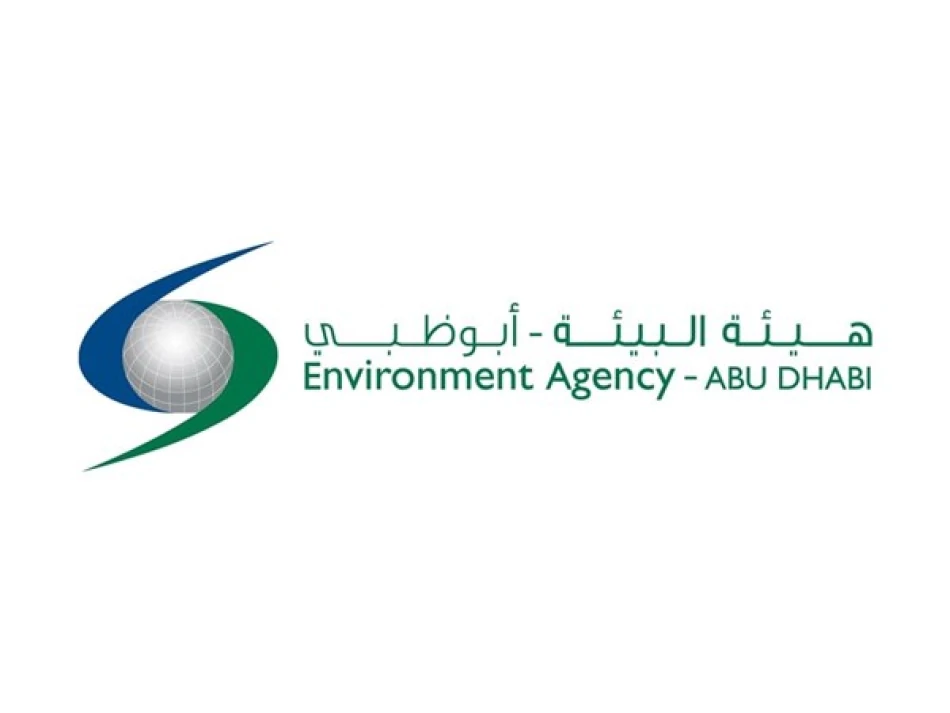
Abu Dhabi Achieves 95% of Inaugural Phase for UAE's 2071 Environmental Centenary Plan
Abu Dhabi's Environmental Vision Accelerates: 95% Progress Toward 2071 Sustainability Goals
Abu Dhabi has achieved a remarkable 95% completion rate in the first phase of its ambitious Environmental Centennial 2071 plan, positioning the emirate as a global leader in climate action and environmental stewardship. This accelerated progress, spanning 359 positive outcomes across multiple government agencies, demonstrates how oil-rich economies can successfully pivot toward sustainable development while maintaining economic growth.
Strategic Framework Delivers Beyond Expectations
The Environment Authority - Abu Dhabi announced the milestone achievement in collaboration with nine strategic government partners, including the Department of Energy, Department of Culture and Tourism, and Abu Dhabi Investment Office. The plan, launched in 2023 with a timeline extending to 2025, has already exceeded expectations in its second year of implementation.
What sets Abu Dhabi's approach apart from other regional sustainability initiatives is its comprehensive integration across government departments and international partnerships spanning 24 countries. This coordinated effort reflects lessons learned from Singapore's whole-of-government approach and the UAE's broader Net Zero 2050 strategy.
Three-Pillar Strategy Shows Varied Success Rates
Thriving Natural Ecosystem Development
The first pillar, "A Vibrant Emirate Flourishing with Nature," achieved 88% completion. Key accomplishments include launching the UAE's first hydrogeological map—a critical tool for groundwater resource assessment in an arid region where water security remains paramount. The emirate also developed comprehensive aquaculture plans and sustainable agriculture frameworks, addressing food security concerns that have intensified globally since 2022.
The introduction of cycling infrastructure guidelines and air quality monitoring systems positions Abu Dhabi ahead of many regional peers in urban sustainability planning.
Climate Action Leadership Exceeds Targets
The second pillar, "Green Power Confronting Climate Change," surpassed goals with 102% completion—a rare achievement in large-scale environmental programs. This success stems from practical initiatives including hydrogen and electric bus infrastructure development, which recently won a global sustainability innovation award.
The emirate's comprehensive energy sector policy framework encompasses 93 initiatives extending to 2035, demonstrating long-term commitment beyond typical political cycles. This approach mirrors successful energy transitions in Denmark and Norway, where sustained policy frameworks enabled dramatic shifts in energy infrastructure.
Future-Ready Environmental Capabilities
The third pillar achieved 97% completion, introducing innovative policies like the "Dark Sky" initiative to reduce light pollution—a forward-thinking approach that few global cities have systematically addressed. The launch of "Sukoon," the world's largest 3D-printed water taxi, showcases how environmental goals can drive technological innovation.
Economic and Investment Implications
Abu Dhabi's rapid progress signals significant opportunities for green technology investors and sustainable infrastructure developers. The emirate's systematic approach to environmental transformation, backed by substantial sovereign wealth resources, creates a testing ground for scalable solutions applicable across the Gulf region.
The integration of artificial intelligence in soil quality monitoring and the establishment of marine sustainability research centers indicate Abu Dhabi's intention to become a regional hub for environmental technology development, potentially rivaling established centers in Europe and North America.
Global Context and Competitive Positioning
While cities like Copenhagen and Amsterdam have long led urban sustainability efforts, Abu Dhabi's comprehensive approach addresses unique challenges facing resource-rich developing economies. The emirate's success rate significantly exceeds typical government program performance, where 60-70% completion rates are considered successful.
The hosting of the 12th World Environmental Education Conference demonstrates Abu Dhabi's ambition to influence global environmental policy, building on the UAE's successful COP28 presidency and positioning for continued climate leadership.
Looking Toward 2071: Sustainable Momentum
As Abu Dhabi prepares its second phase planning, the current success rate suggests the 2071 environmental goals may be achievable decades ahead of schedule. This acceleration could transform the emirate into a global model for rapid environmental transition, particularly valuable for other resource-dependent economies seeking sustainable development pathways.
The program's emphasis on international partnerships and technology integration positions Abu Dhabi to capture significant value from the global transition to sustainable economies, potentially generating new revenue streams as traditional hydrocarbon demand evolves.
Most Viewed News

 Layla Al Mansoori
Layla Al Mansoori






